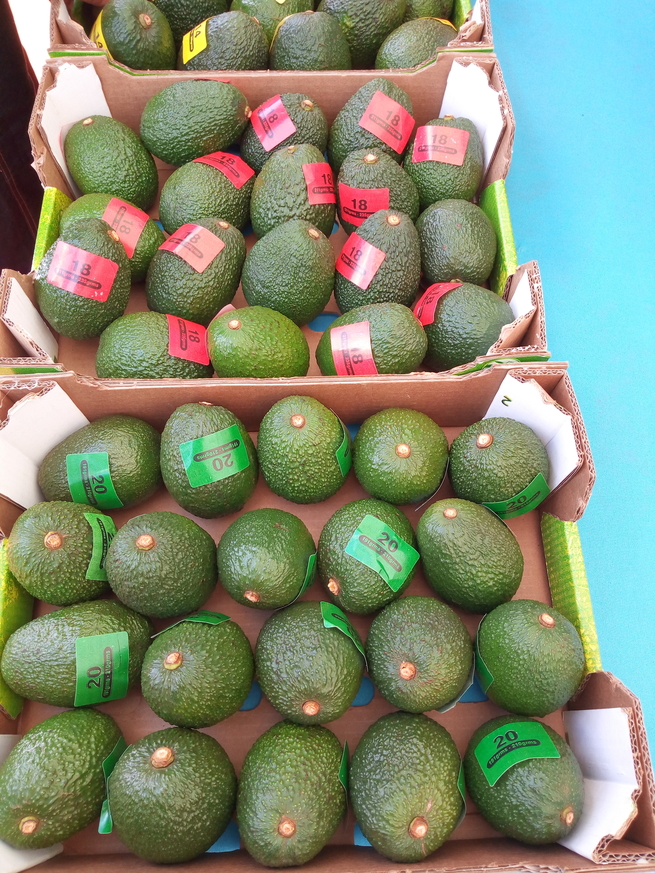 Packed avocado fruits for export. Photo: Oyugi Zablon.
Packed avocado fruits for export. Photo: Oyugi Zablon.
Kenya Plant Health Inspectorate Service (KEPHIS), a government parastatal responsible for quality of agricultural inputs and produce has introduced new requirements to guide avocado farmers and traders interested to grow and export the fruit to the Republic of South Africa in a bid to guard the market.
Kenya lost the market in 2007 after South Africa claimed that most of the key fruit production areas in the country were infested with fruit fly. However, after intervention by to Kephis and Kenya Agricultural Livestock Research Organisation (Kalro) August last year the export market was reopened in ending more than 10 years of standoff.
It is because of this that the Kephis has introduced fresh regulations that will see the parastatal involved in almost every step of production and export to ensure that the country does not only lose the South African market but also other key global markets.
“We cannot afford to lose the market again due to poor production as a result of negligent by either farmers or traders as it happened before,” Said Mr. George Momanyi, Kephis.
“This is part of Kephis’ responsibility to prevent adverse impact on the economy, the environment and human health by ensuring up to standard produce.”
RELATED ARTICLE: KEPHIS calls on horticulture industry exporters to comply with European Union export market standards for beans and peas with pods
In the new requirements, first, avocado fruits for export to South Africa shall originate from production sites, pack houses and storage facilities approved and registered annually by Kephis.
Pests monitoring shall be conducted by Kephis regularly in the production sites destined for export to South Africa.
Fruit fly monitoring shall be initiated at least three months before harvesting or when the crop for South Africa starts to flower and this shall continue through the completion of harvest.
RELATED ARTICLE: KEPHIS hosts workshop on application of international quality standards for fresh fruits and vegetables
The owner of the production site will also be required to maintain the data and submit a copy to Kephis on quarterly basis and Kephis will regularly monitor to ensure the date is maintained.
Farmers are advised that culled and fallen fruits are supposed to be buried, destroyed or removed away from the production sites at least twice a week.
Concerning storage, the registered pack houses and storage facilities shall be maintained clean, free from pests, soil and plant debris, safeguarded and equipped to avoid fruit contamination.
RELATED ARTICLE: KEPHIS and county governments bring export eduction to farmers\' doorsteps
Kephis shall also ensure that the pack houses have a defined traceability system to approve farms for export to South Africa by maintaining the integrity of lots.
In the new requirements, exporters are to apply for a South African import permit before export.
Finally, normal port of exit inspections to be undertaken by Kephis for every consignment before export.
















Comments powered by CComment